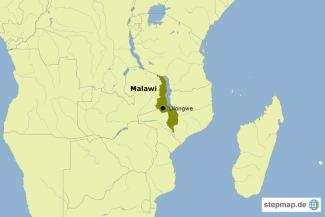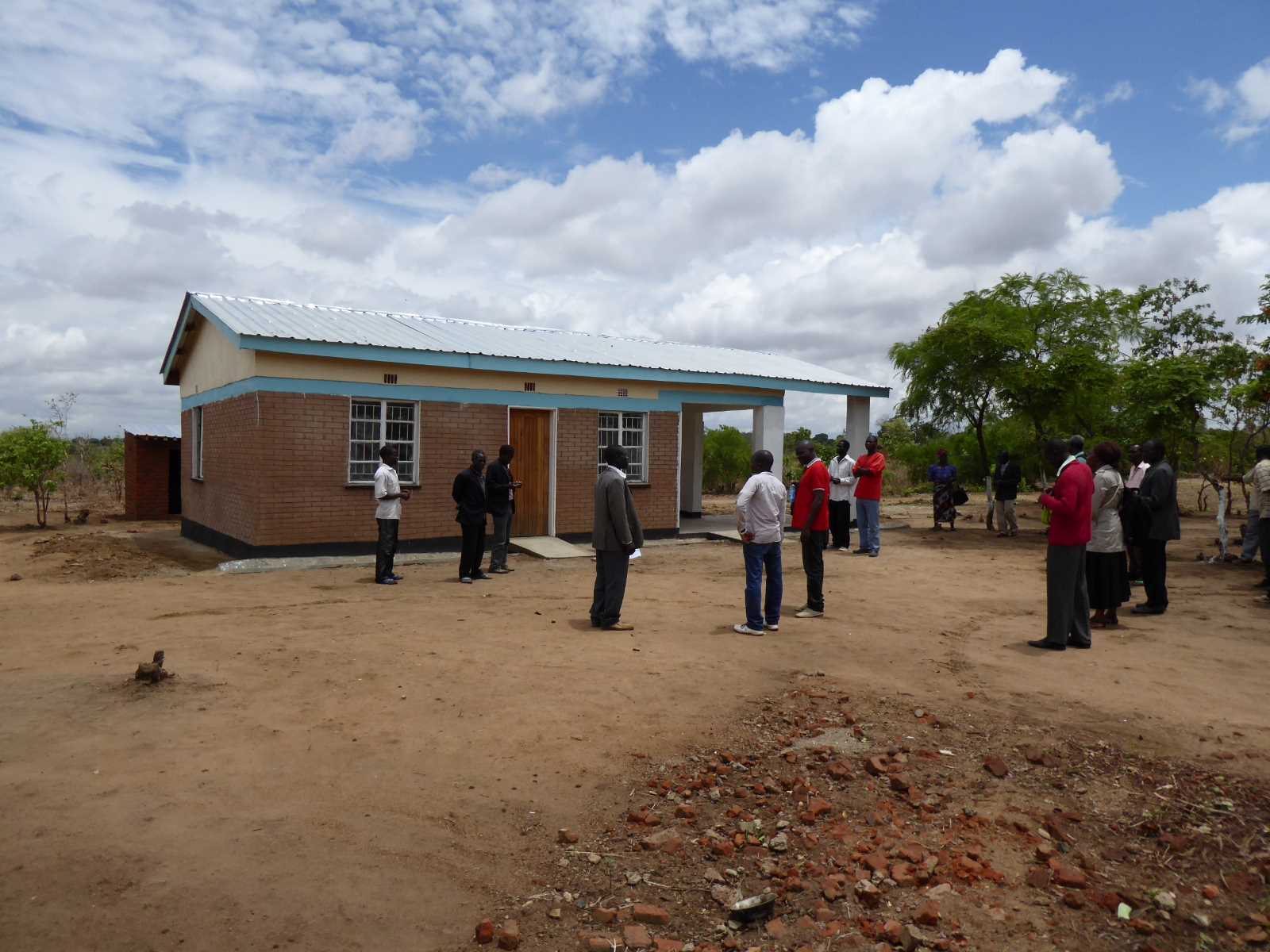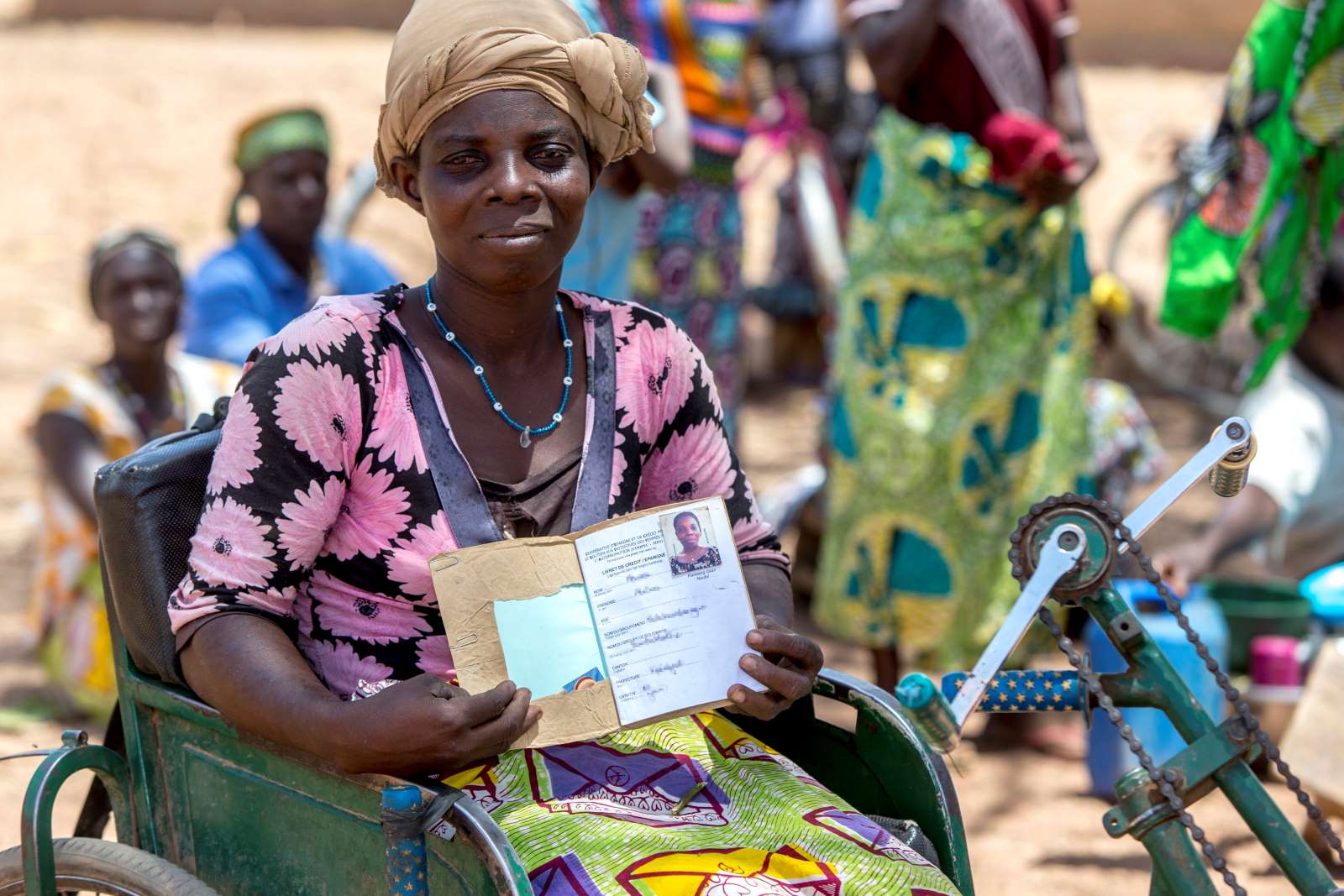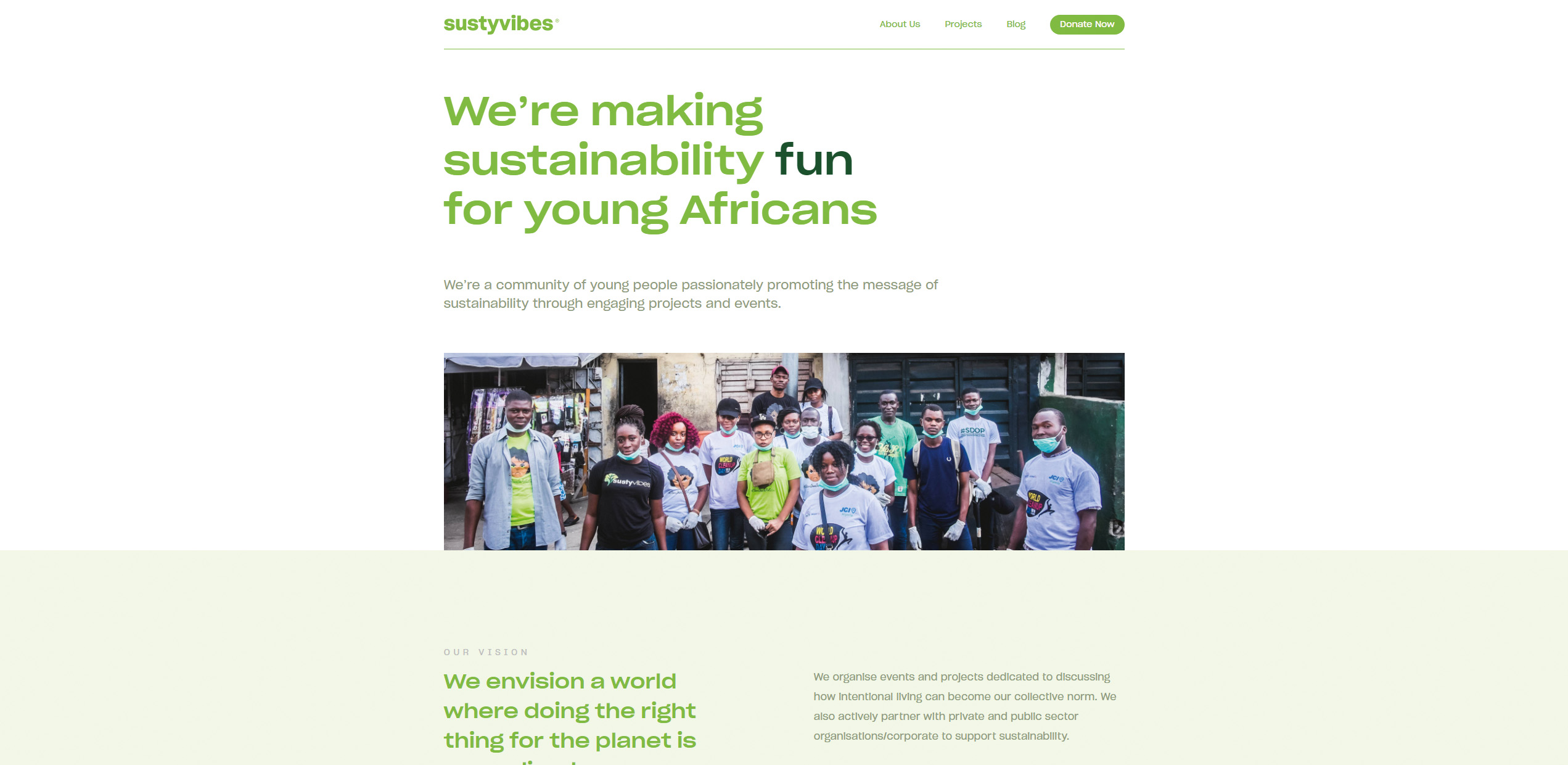Mental health
Suicide on the rise

The police in Malawi’s capital Lilongwe has recorded 128 cases of suicide between September 2018 and June 2019. Moreover, there were five cases of attempted suicide. Out of the 133 people who killed themselves or tried to do that, only five were women.
“Men are more likely to kill themselves because of our culture,” explains Chaweza Bandawe, a psychologist at the College of Medicine in Blantyre. Women can express their emotions, including grief and anger, openly, he says – but men cannot.
According to Franklin Kilembe, who runs a private clinic in Lilongwe where he counsels people with mental-health problems, men mostly commit suicide because of economic hardship. “In our cultural setup, a man is supposed to be the breadwinner of the family. When the man loses his job, his economic lifeline is cut, and he becomes depressed. As a result, he thinks of hanging himself,” says Kilembe. Because of Malawi’s bad economy, more companies are expected to lay off workers, which probably means more suicides, he warns.
Job problems are not the only reason for someone wanting to end his life, of course. Kilembe also mentions family problems, for instance if a spouse is unfaithful. He calls for better care for people who suffer from depression in order to avoid suicides (in regard to psychiatric problems in Africa, also see Samir Abi in D+C/E+Z e-Paper 2019/06, Focus section).
Mzimba district in the northern region of Malawi has one of the highest suicide rates. Chief Inkosi ya Makosi M’mbelwa V blames the rise on increasing gender-based violence, among other reasons. He says domestic violence affects men and women alike. However: “Men suffer in silence and do not want to complain,” he says. Suicide might then seem the only solution. Malawi’s Ministry of Gender, Children, Disability and Social Welfare concedes that despite all the efforts by the government and other stakeholders to fight gender-based violence, no progress has been achieved so far.
The World Health Organization (WHO) estimates that close to 800,000 people commit suicide every year. That is one person every 40 seconds. It further notes that there are indications that for each adult who dies by suicide, there may be more than 20 others attempting suicide. According to the WHO, “effective and evidence-based interventions can be implemented at population, sub-population and individual levels to prevent suicide and suicide attempts.” Such interventions are urgently needed in Malawi.
Raphael Mweninguwe is a freelance journalist based in Malawi.
raphael.mweninguwe@hotmail.com
Link
World Health Organization: Suicide data.
https://www.who.int/mental_health/prevention/suicide/suicideprevent/en/












